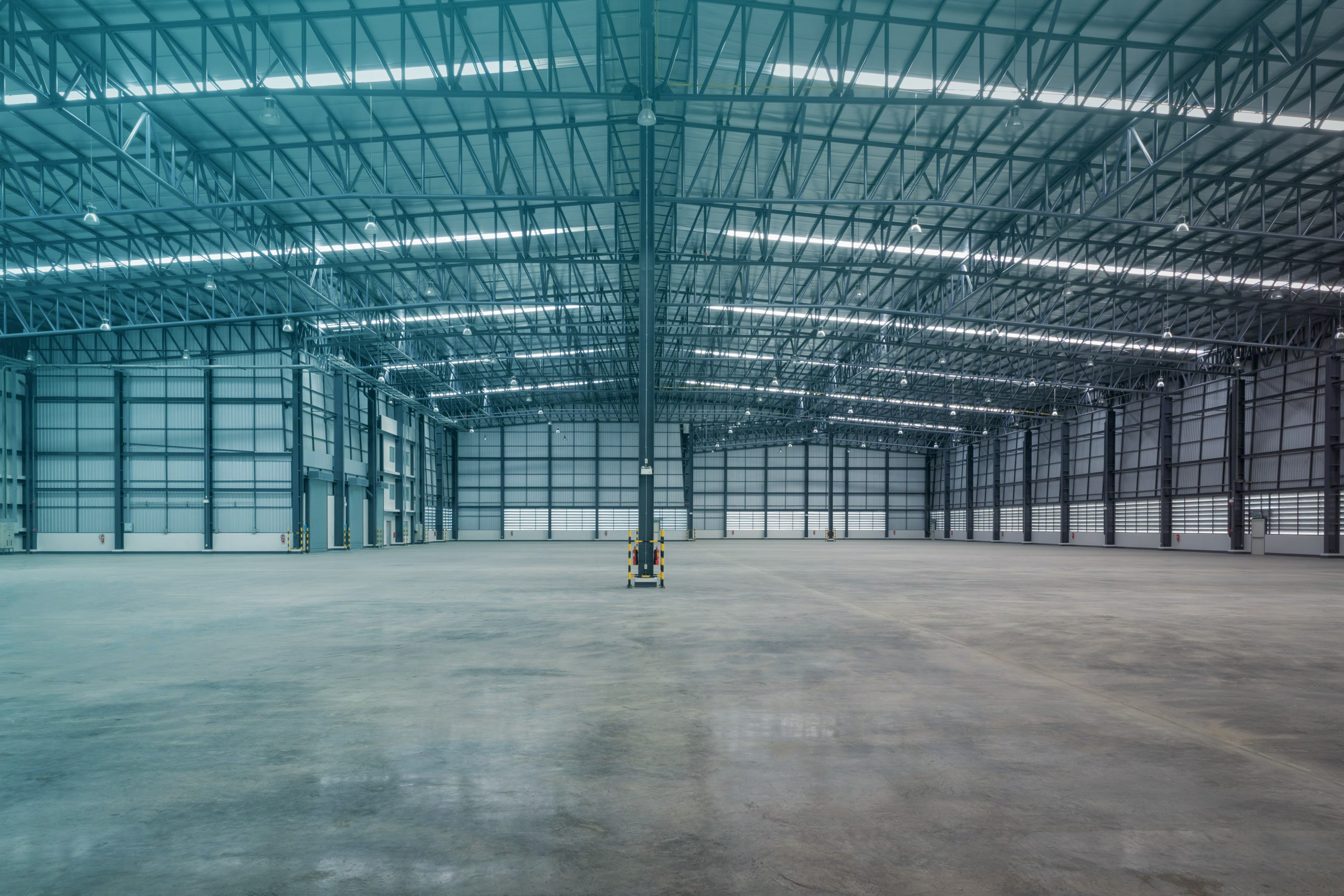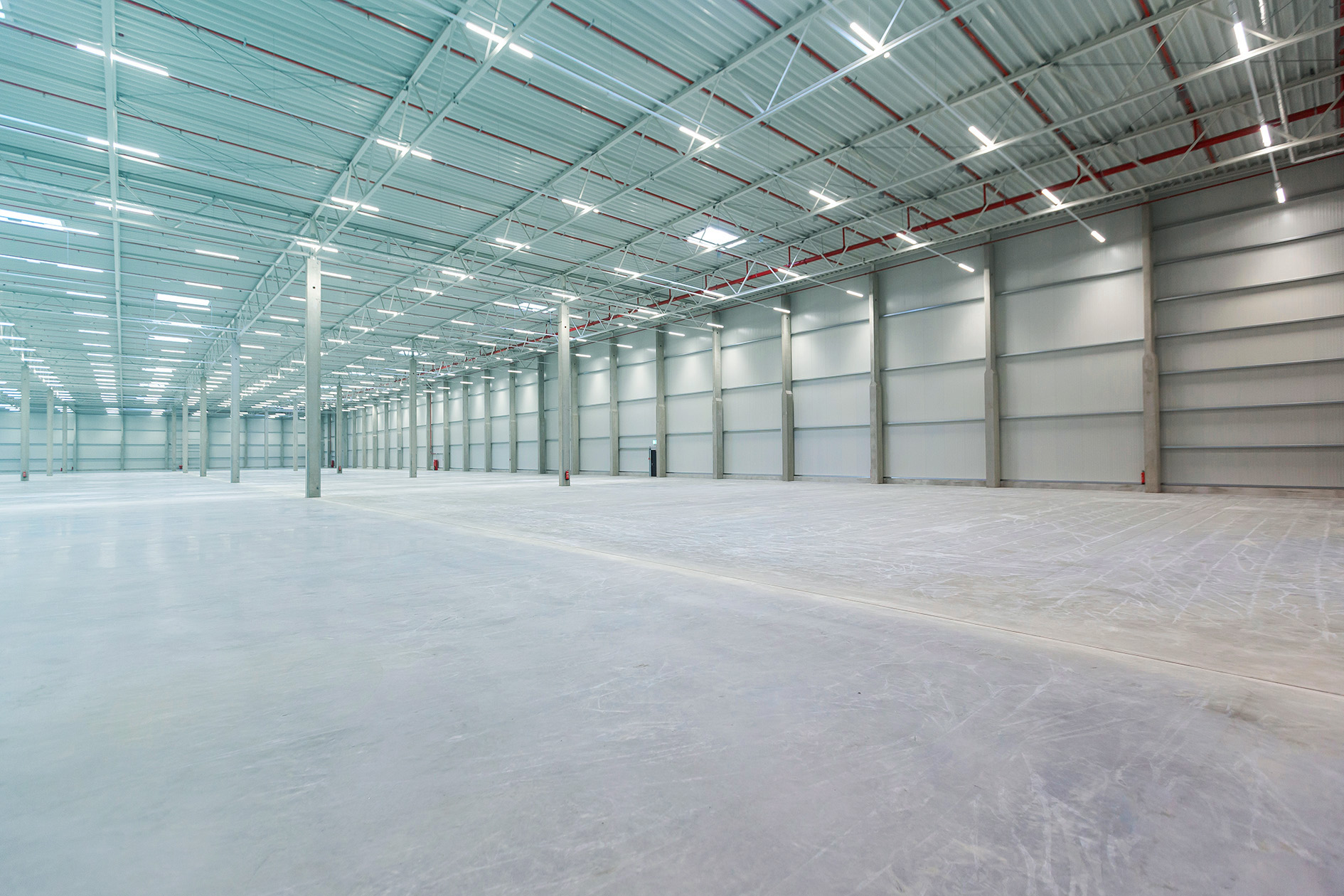When you own a business or start a company, finding the right place to set up is key to getting your venture off the ground and helping it grow. The paperwork that spells out the rules between building owners and the people who rent from them is called a commercial lease agreement. These contracts are binding and can have a big impact on how you run your business, manage your money, and succeed in the long run.
Before you sign on the dotted line of a commercial lease agreement, it’s smart to take a close look and understand what you’re getting into. While these contracts aim to protect everyone involved, they sometimes include parts that give the landlord an upper hand or put too much pressure on the tenant. That’s why it’s crucial to read everything and know what to watch out for.
Spotting and dealing with red flags in commercial lease agreements can help you avoid expensive errors, legal troubles, and unneeded money problems. This complete guide aims to give you the know-how and resources you need to handle the tricky parts of business lease contracts and make smart choices that protect your company’s interests.
Red Flags in Business Lease Contracts
Business leases can be long and tricky documents often full of legal talk and complex terms. While it’s key to read and get the whole agreement, some parts are more likely to raise alarms and need a closer look. Here are some common warning signs to keep an eye out for:
- Excessive Rent Escalation Clauses: These clauses give landlords the right to raise rent at set times or when certain things happen. While you can expect some rent increases, clauses that allow for too many or unreasonable hikes can have an impact on your business’s money situation over time.
- Restrictive Use Clauses: These clauses set limits on the kinds of activities or businesses that can run on the property. Make sure the use clause fits with your current and future business plans, because clauses that are too strict can make it hard to change or grow your business.
- Limited Renewal Options: Not having options to renew or having bad terms for renewal can put your business at risk. You might have to move or be forced out, which messes up your work and costs a lot.
- Unclear Maintenance and Repair Duties: When it’s not clear who should fix or maintain what, you might end up fighting or paying for stuff you didn’t expect. Make sure the lease is clear on who’s in charge of different upkeep and repair jobs, and check that the terms are fair and make sense.
- Not Enough Rights to Sublet or Pass On the Lease: If you’re thinking about subletting or giving the lease to someone else down the line, it’s important to make sure the agreement lets you do that. You don’t want rules that are too strict or fees that are too high getting in your way.
These are just a few examples of possible warning signs in commercial lease agreements. You need to examine each agreement keeping your business needs and long-term goals in mind.
Why Detailed Lease Negotiations Matter
Negotiating a commercial lease agreement is key to getting terms that work for your business. Landlords might show you a standard contract, but you should take an active role in the talks and push for conditions that protect what’s important to you.
Detailed lease negotiations can help you:
- Lower Risks: By spotting and fixing possible red flags, you can cut down on the dangers of unfair clauses or rules that could hurt your business.
- Get Better Terms: Good haggling can help you lock in terms that fit your business needs, like longer leases, chances to renew, or more open-ended use clauses.
- Build a Fair Relationship: Talking in good faith and looking for terms that help both sides can kick off a good balanced relationship with the landlord right from the start.
- Guard Your Investment: By nailing down good terms, you can protect what you’ve put into your business and make sure your place helps, not hinders, your long-term success.
To negotiate leases successfully, you need to be prepared, do your homework, and know what your business wants and needs. It’s a good idea to get a lawyer or hire a pro in commercial real estate to help you negotiate. They’ll make sure you’re looking out for your own interests during the process.

Tenant Rights and Protections
Commercial lease agreements aim to spell out the rights and duties of both sides. However, it’s crucial to make sure your rights as a tenant have proper protection. If you don’t address tenant rights and safeguards, your business might be left open to unfair treatment or exploitation by the property owner.
Here are some common tenant rights and protections to keep in mind:
- Quiet Enjoyment: This right gives you peaceful possession and use of the property. You can enjoy it without the landlord or others bothering you.
- Non-Discrimination: The law bans landlords from treating tenants differently due to things like race, religion, gender, or disability.
- Privacy Rights: As a tenant, you can expect privacy in your rented space. Landlords must tell you before they enter, except in emergencies.
The Role of a Commercial Property Expert in Lease Agreements
Commercial lease agreements can confuse and overwhelm. Hiring a commercial property expert can offer crucial help and it safeguards as you go through the leasing process.
Here’s why you should think about getting expert advice when you sign a commercial lease agreement:
- Expertise and Experience: Experts who focus on commercial property and leases know the legal ins and outs inside out. They’re also familiar with how the industry works and common traps to avoid. Their know-how can help you spot and deal with potential red flags, get better terms, and make sure your interests are well-protected.
- Objective Review and Analysis: Experts can take a step back and give an unbiased look at your lease agreement. They can find risks or issues you might have missed. Their sharp eye for detail and ability to break things down can help you make smart choices and steer clear of expensive mistakes.
- Negotiation Strategies: Good commercial property experts know how to negotiate for you. They use their knowledge and bargaining skills to get you better terms and protect what your business needs. They can also tell you when to give in a little and when to stick to your guns on important points.
- Compliance and Risk Mitigation: Hiring help makes sure that the lease follows all the rules, laws, and what’s normal in your industry. This cuts down on possible legal troubles for your business.
- Dispute Resolution: If you end up fighting with your landlord, having a commercial property expert can help. They can tell you what your rights are and what you can do.
While hiring a commercial property expert might cost more upfront, the upsides of getting expert advice and representation can make up for the expense when you think about how a commercial lease agreement can affect your business in the long run.
Negotiating Better Lease Terms
Good negotiation skills are key to getting lease terms that work well for your business needs and goals. Here are some tips and tricks to help you negotiate better terms in your commercial lease agreement:
- Do Your Homework: Learn about market prices, similar properties, and what’s normal in your area. This info will give you an edge when you talk terms and help you spot fair and competitive deals.
- Know What Matters Most: Figure out which parts of the lease agreement are crucial for your business, like how long it lasts, chances to renew, what you can use it for, and how much the rent might go up. Focus on these key points and be ready to push harder for them.
- See It from the Landlord’s Side: Try to get what’s driving the landlord and what they’re worried about. This can show you where you might give a little to get better terms on the things that count for you.
- Start Low: When you’re talking about numbers like rent or deposits, begin with a figure that’s below the quoting level. This gives you space to negotiate and boosts your chances of getting a better deal.
- Use Competition to Your Advantage: If you’ve got several good property choices, let the landlords know. You might get better terms if they think you could go elsewhere.
- Suggest Ideas That Work for Everyone: Try to find solutions that help both you and the landlord. For example, you could offer to sign a longer lease to get lower rent, or pay for some improvements yourself in exchange for a break on rent.
- Be Ready to Walk Away: It’s not ideal, but you should be ready to ditch a deal if the landlord won’t budge on reasonable terms. This approach shows you mean business and might make the landlord think twice about their stance.
- Write Everything Down: Make sure the final lease agreement spells out all the terms and conditions you’ve agreed on. This leaves no room for confusion or different interpretations down the line.
Examples of Clauses That Can Cause Problems
Commercial lease agreements can look very different depending on what’s in them, but some parts are more likely to be trouble spots that could hurt your business. Here are some examples of clauses to look out for:
- Landlord’s Break Clause: This clause gives the landlord the right to end the lease if they choose to redevelop or make big changes to the property. These clauses can mess up your business and force you to move..
- Continuous Operations Clause: Some leases say tenants must keep their business open during certain hours or they’ll break the agreement. This can be a headache if your business works odd hours or runs during certain seasons.
- Percentage Rent Clause: Retail leases often include a percentage rent clause. This clause makes tenants pay a portion of their gross sales on top of the base rent. For businesses with high sales but slim profits, this can cause problems.
- Unreasonable Restrictions on Signage or Advertising: Some clauses put tight limits on how you show signs or promote your business. These can make it hard to catch eyes and market .
- Excessive Fees and Charges: Watch out for clauses that impose high fees for various services like utilities, maintenance, or paperwork. These can add up and make your stay much more expensive.
- Lack of Renewal Rights: Not securing good renewal rights or options can leave your business open to being forced out or having to move at the end of the lease.
- Unclear Language: Confusing or imprecise wording in the rental agreement can cause misunderstandings, arguments, and possible legal troubles later on. Make sure you understand the commercial implications of what you are agreeing to.
These examples show how crucial it is to review and grasp every part of a commercial lease agreement. Getting advice from a commercial property expert can help you spot and deal with problematic clauses before you sign a bad deal.
Book Your Free 20-Minute Consultation
Whether you’re looking to secure the perfect lease or close a challenging deal, this free consultation could be the game-changer you need.
Fill out the form to schedule your call and take the first step toward a successful outcome.
Key Terms to Watch Out For
Business lease contracts are full of legal jargon and tricky clauses that can affect your company. Here are some essential terms and conditions to look out for and grasp :
- Rent and Rent Escalation: Check that the lease spells out the base rent and any rent increases. Look at how often and how the landlord calculates rent hikes.
- Security Deposit and Advance Rent: Get a grip on what you need to pay for security deposits and rent in advance. These can hit your business hard in the wallet right off the bat.
- Term and Renewal Options: Take a good look at how long the lease runs and what choices you have to renew. Make sure these fit with your business plans and give you room to manoeuvre.
- Permitted Use and Exclusivity: Double-check that the lease allows you to run your business the way you want. Think about asking for exclusive rights if it makes sense for your situation.
- Assignment and Subletting: Make sure the agreement gives you the rights you need to assign or sublet the property. Check that it doesn’t put unfair limits or charge too much in fees if you want to do this.
- Maintenance and Repair Responsibilities: Spell out who’s in charge of upkeep and fixes. This includes shared spaces, key parts of the building, and any changes you make as a tenant.
- Alterations and Improvements: Get to know how to make changes or upgrades to the space. Find out about any rules or steps you need to follow to get approval. Often the landlord will require you to reinstate at the end of the lease.
- Termination and Default Provisions: Look over the rules for ending the lease or what counts as breaking it. Make sure these terms are fair and protect your business enough.
- Indemnification and Insurance Requirements: Check the indemnification clauses and insurance requirements to make sure they’re fair and in line with what’s normal in the industry.
- Dispute Resolution and Governing Law: Get to know the ways to resolve disputes and the law that will govern the agreement. These can affect how well you can sort out any disagreements.
Getting to know these key terms and rules helps you spot potential issues and bargain for better conditions that safeguard your company’s interests.
Need Help with Commercial Lease Negotiation?
Discover how our expertise can make the difference.
What to Do When You Notice Red Flags
Spotting warning signs in a commercial lease agreement is just the beginning; it’s just as important to take the right steps to address and reduce possible risks. Here are some suggested actions to take if you notice warning signs while reviewing the lease:
- Document the Red Flags: Write down all the warning signs or worrying clauses you spot in the lease agreement. This record will prove useful for future talks or legal actions, if needed.
- Seek Expert Advice: If you haven’t already, hire a skilled commercial property expert who knows about commercial property and leasing. They can offer expert advice on how to handle the warning signs and negotiate better terms.
- Prioritise and Negotiate: Work with an expert to rank the warning signs based on how much they could affect your business. Start your negotiations by tackling the most important issues first, but be ready to make sensible trade-offs on less crucial matters.
- Use Your Power: If you have other good options for places to rent or a strong position, use this to push the landlord. Get them to fix the issues and agree to better terms for you.
- Try Other Ways to Solve Problems: If talks get stuck, look into other ways to solve issues. You could try mediation or arbitration before going to court.
- Be Ready to Back Out: It’s not ideal, but you should be prepared to ditch the deal if the landlord won’t budge on big issues or negotiate fair terms. Signing a bad lease can hurt your business for a long time.
- Keep Records: As you negotiate and settle things, make sure you write down all your talks, offers, and choices.
Staying alert and taking action on warning signs can save you money and help you get a commercial lease deal that fits your company’s needs and future plans.
Conclusion
Dealing with the ins and outs of commercial lease contracts can be tough, but it’s key to ensure your business thrives in the long run. When you get what might raise red flags, focus on solid talks, and bring in a lawyer when you need to, you can cut down on risks and lock in good terms that look out for your interests.
Keep in mind, a commercial lease contract isn’t just some formality; it’s a binding legal document that will control how your business runs and what you owe for as long as the lease lasts. If you miss warning signs or don’t fix problem clauses, you could end up in hot water facing money troubles, business hiccups, and even legal fights.
If you’re looking to rent a commercial space for your business, don’t try to handle the tricky lease agreements by yourself. Talk to us at The Lease Negotiator to make sure your interests stay safe. We know all about commercial property and leasing giving you expert advice and bargaining tricks that fit what your business needs.
Get in touch with us now to set up a meeting and start working towards getting a good lease deal with less risk.




